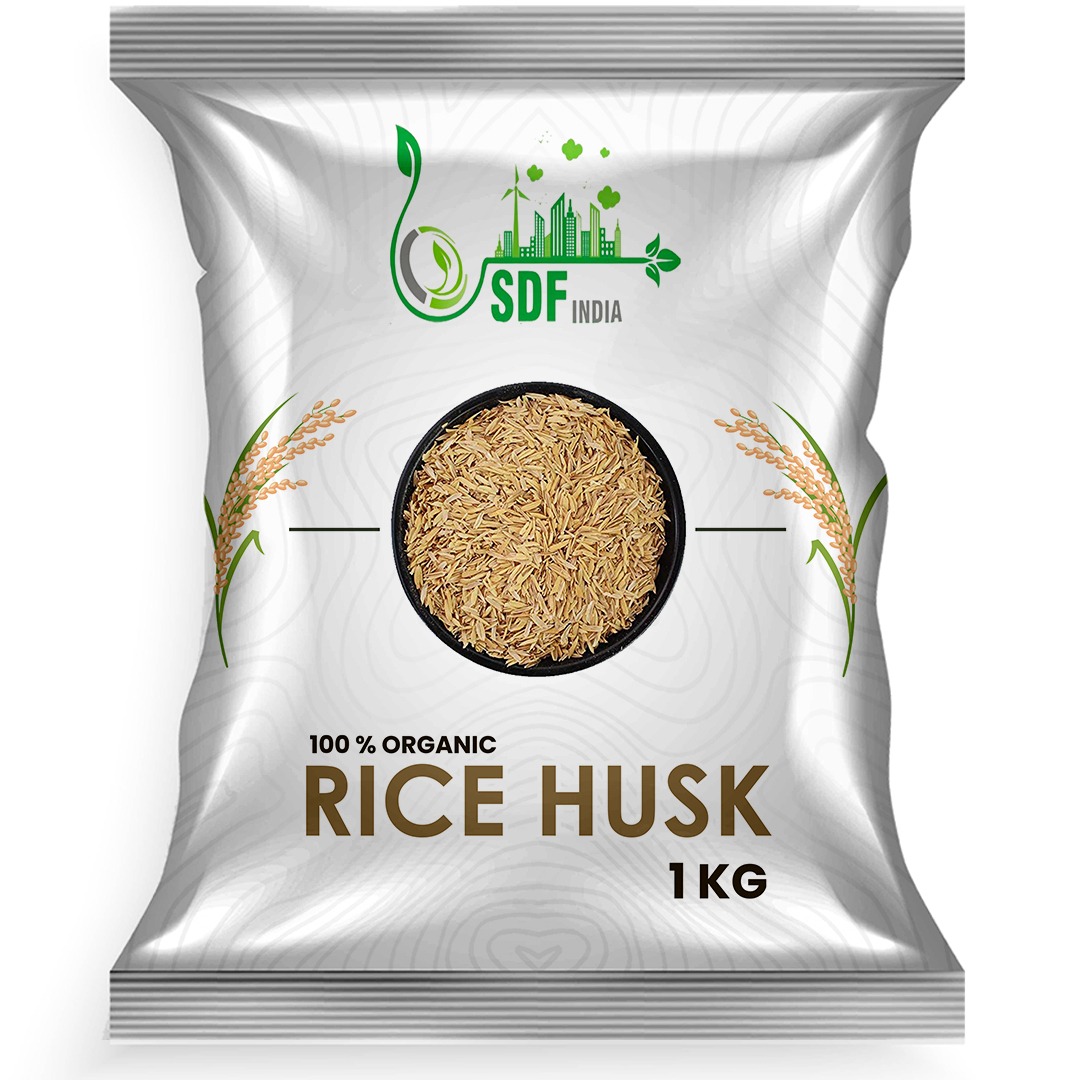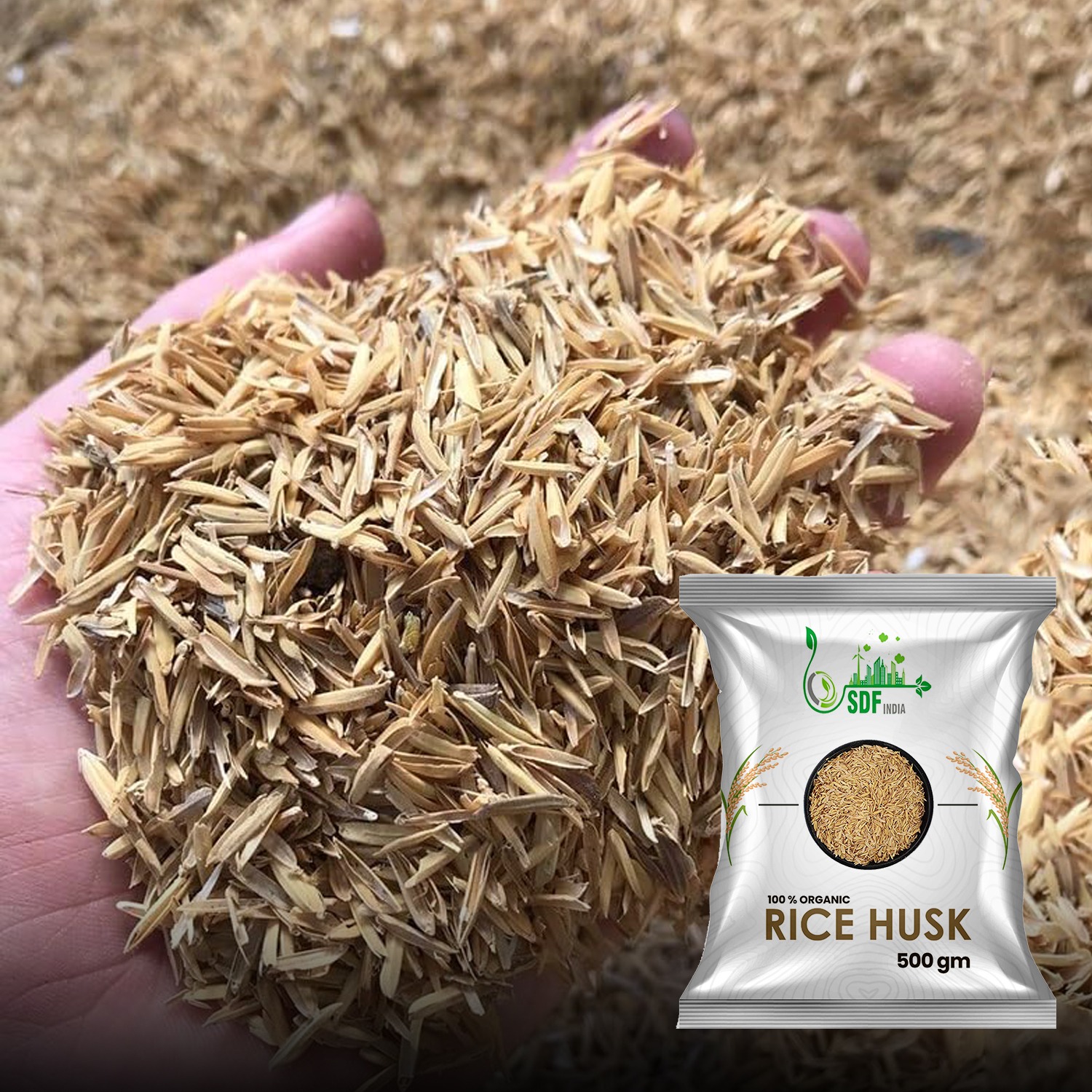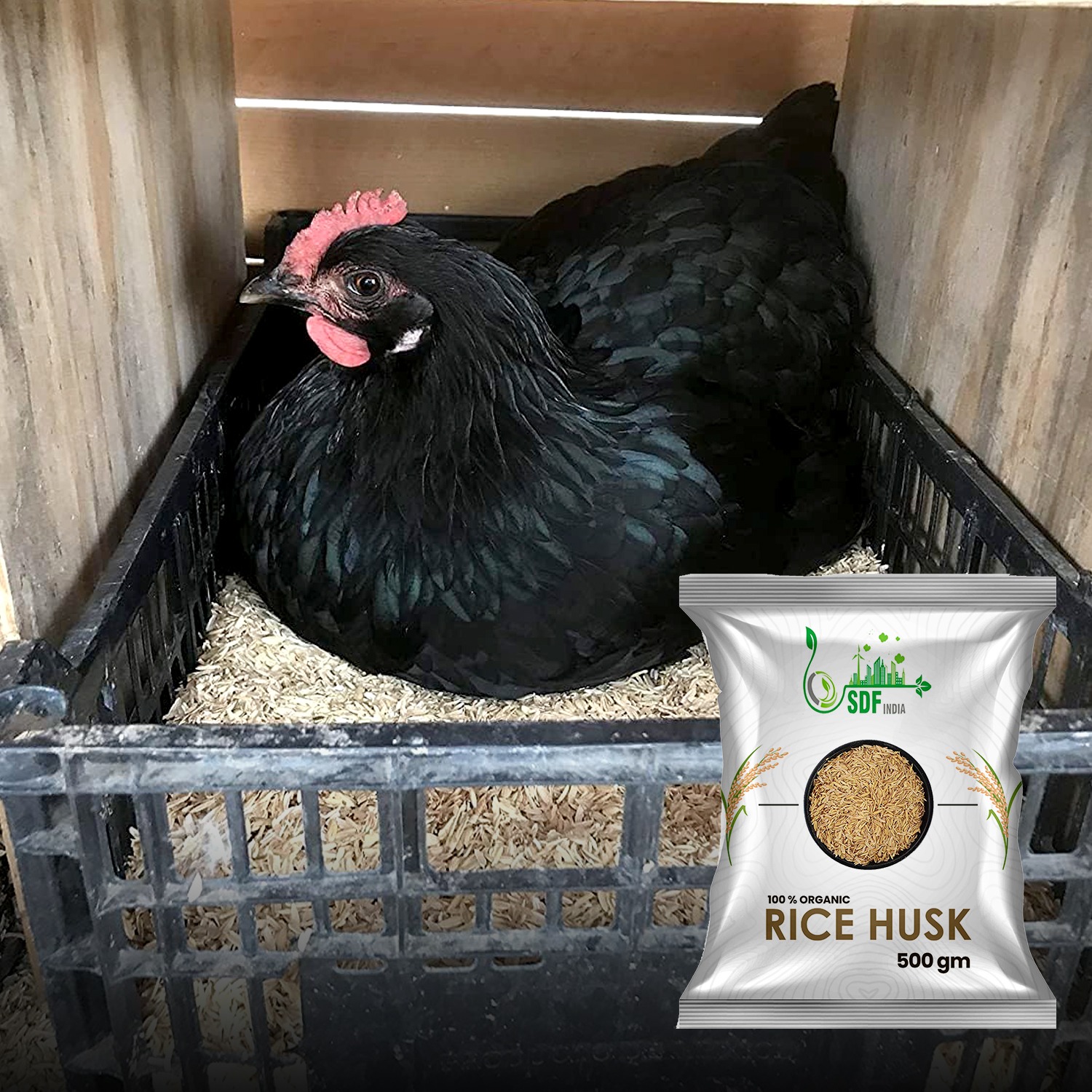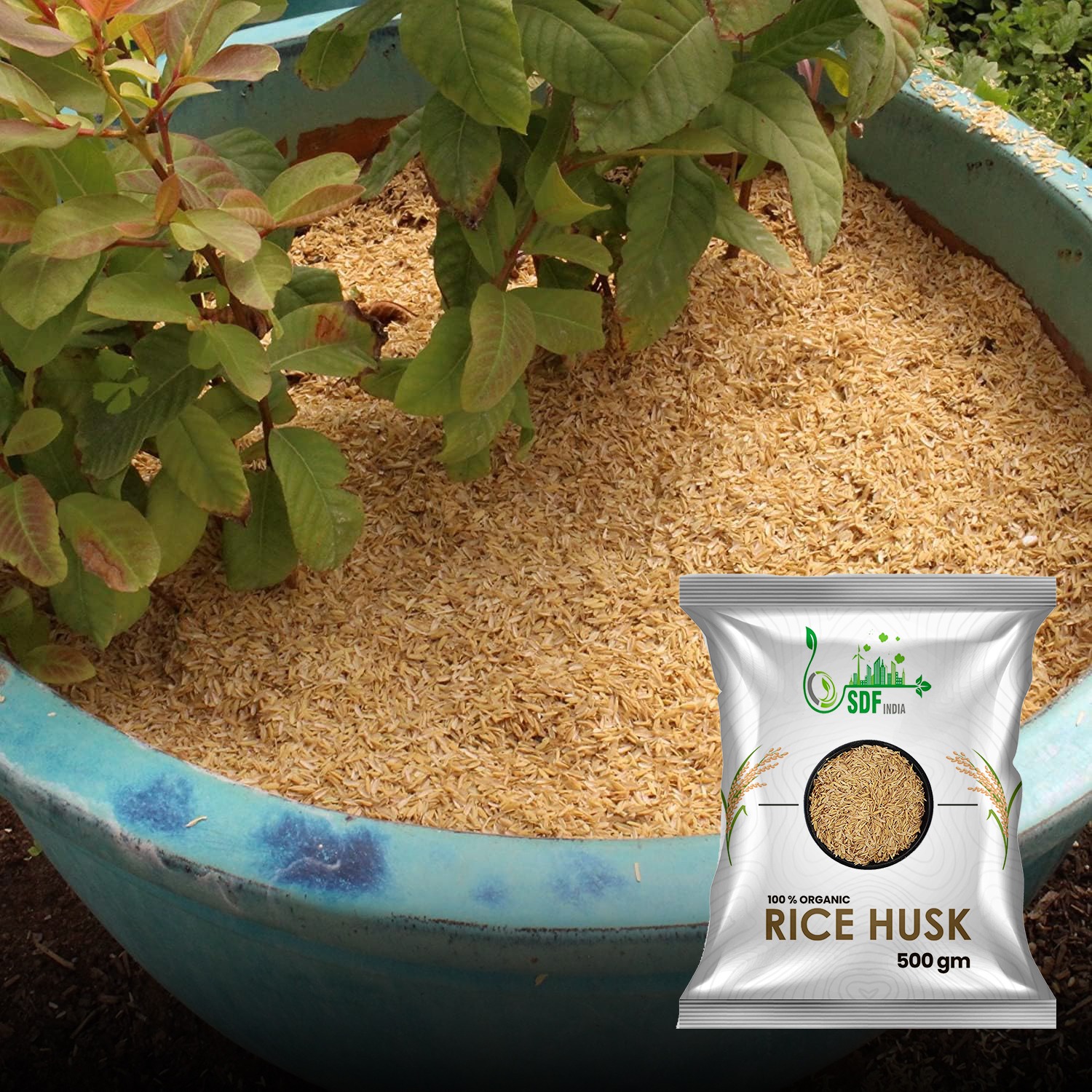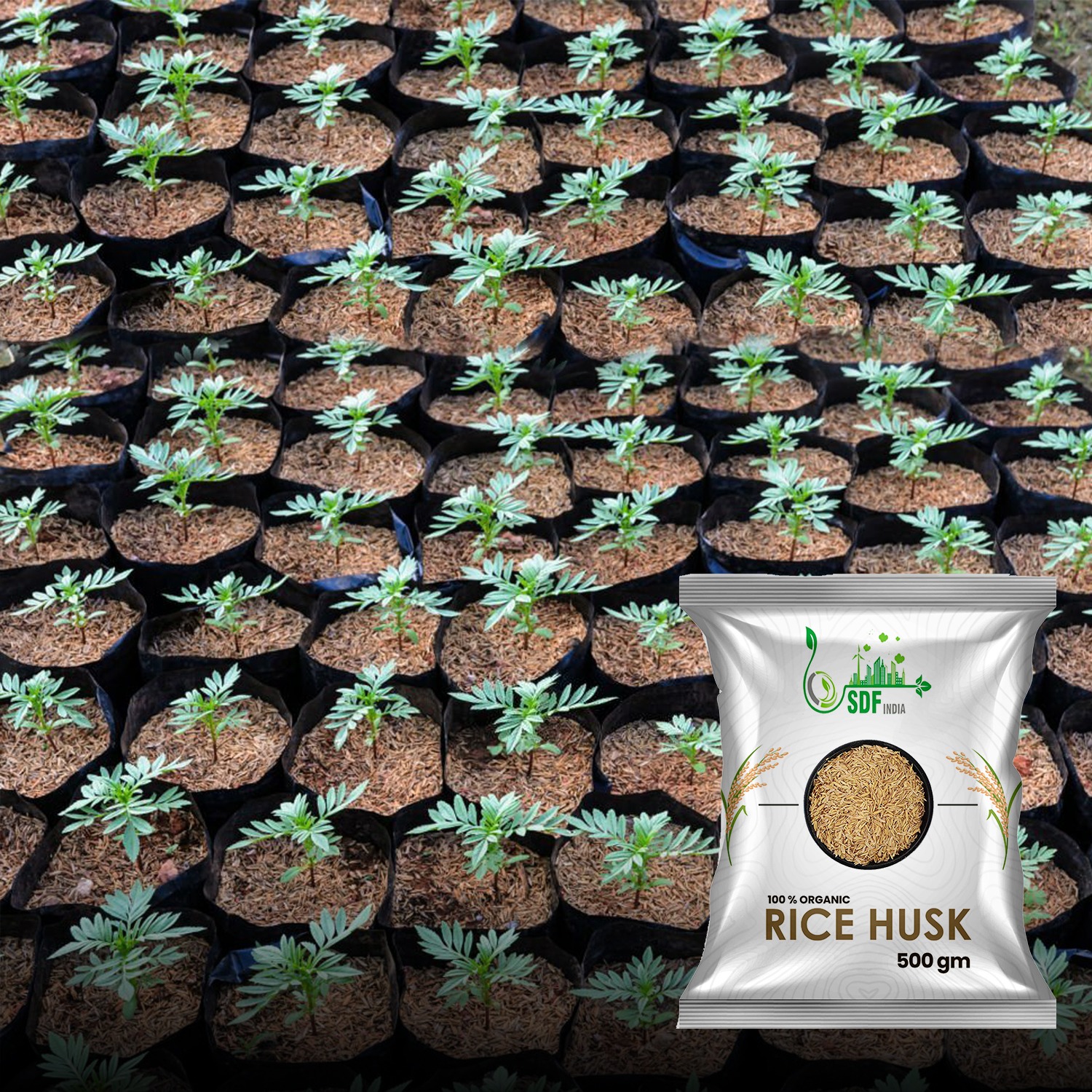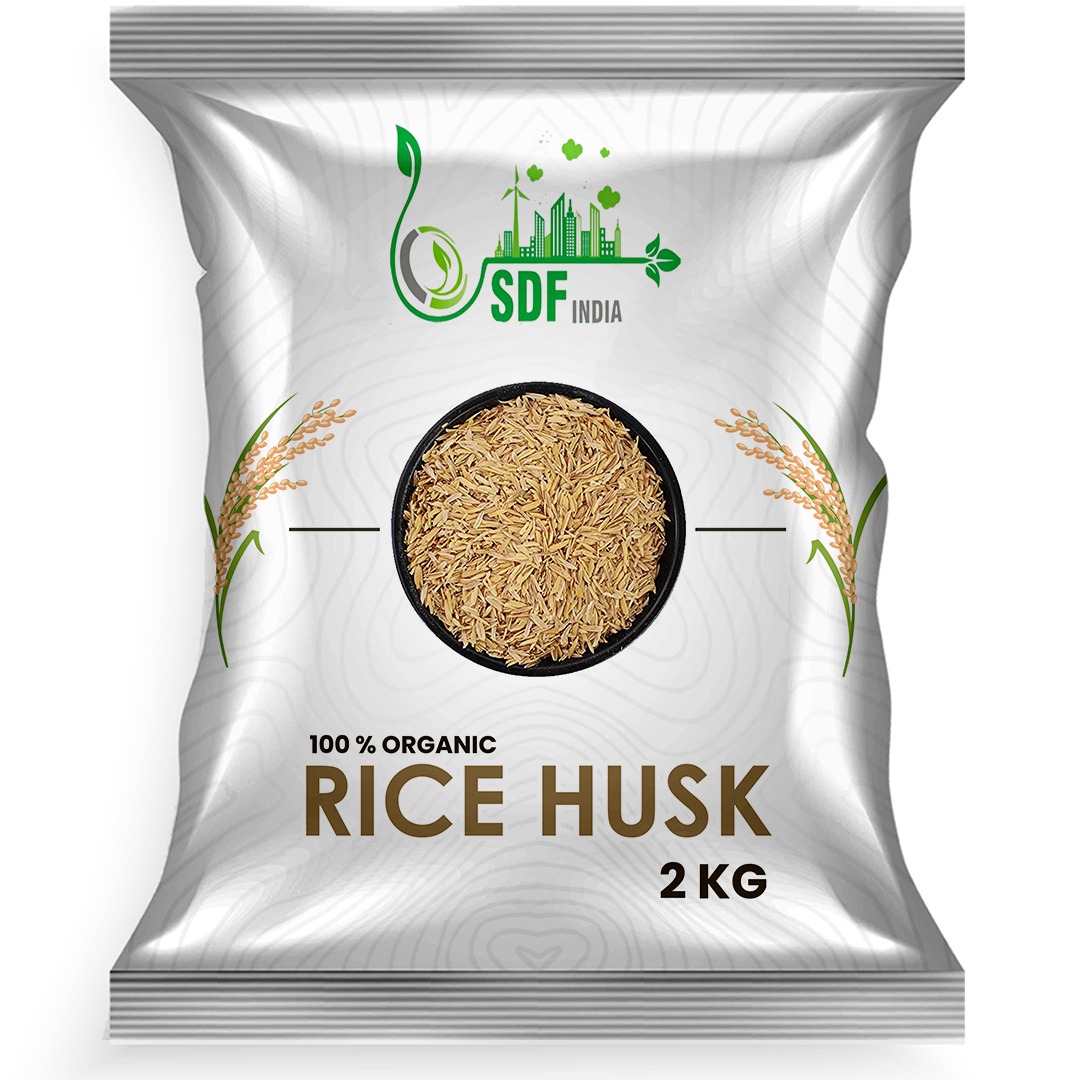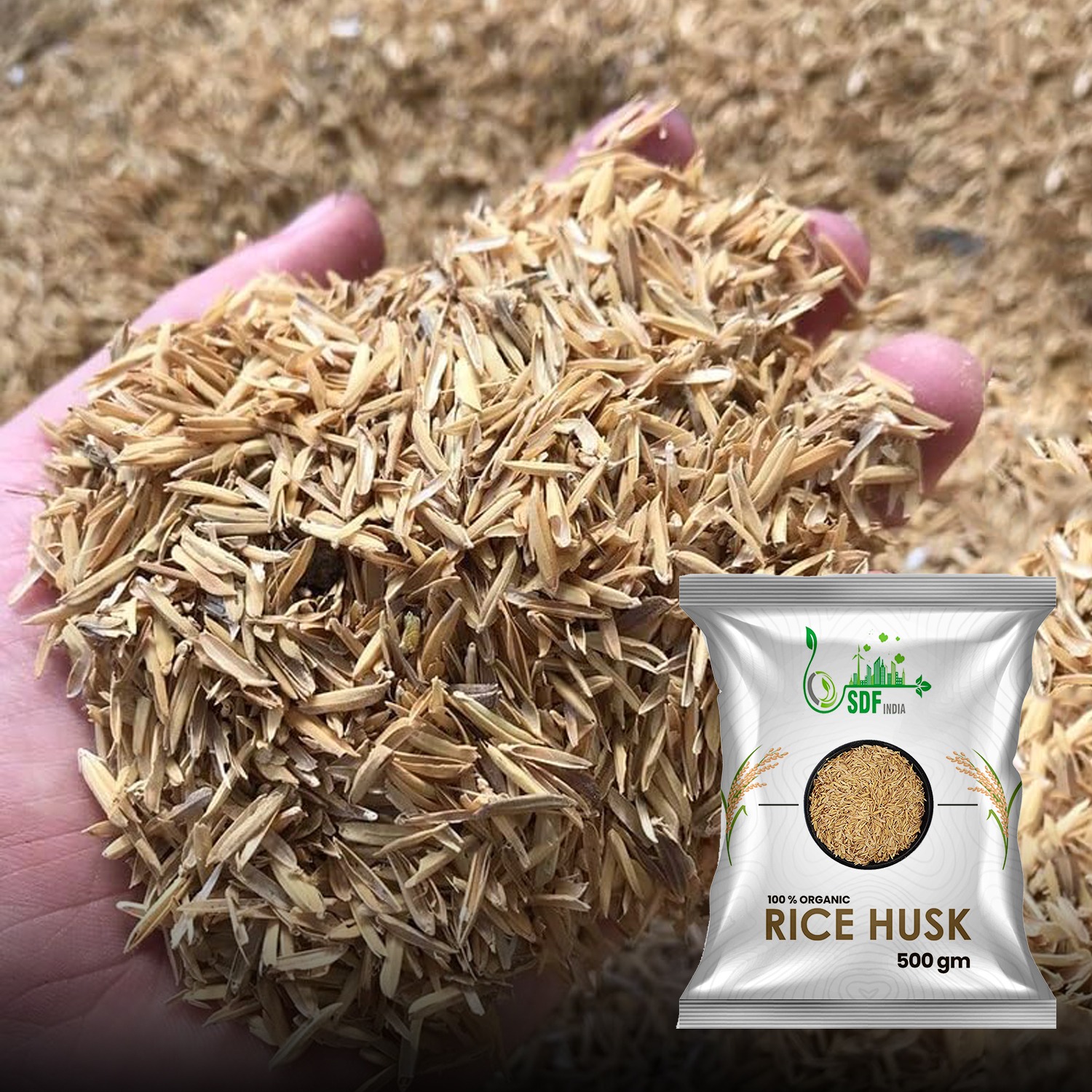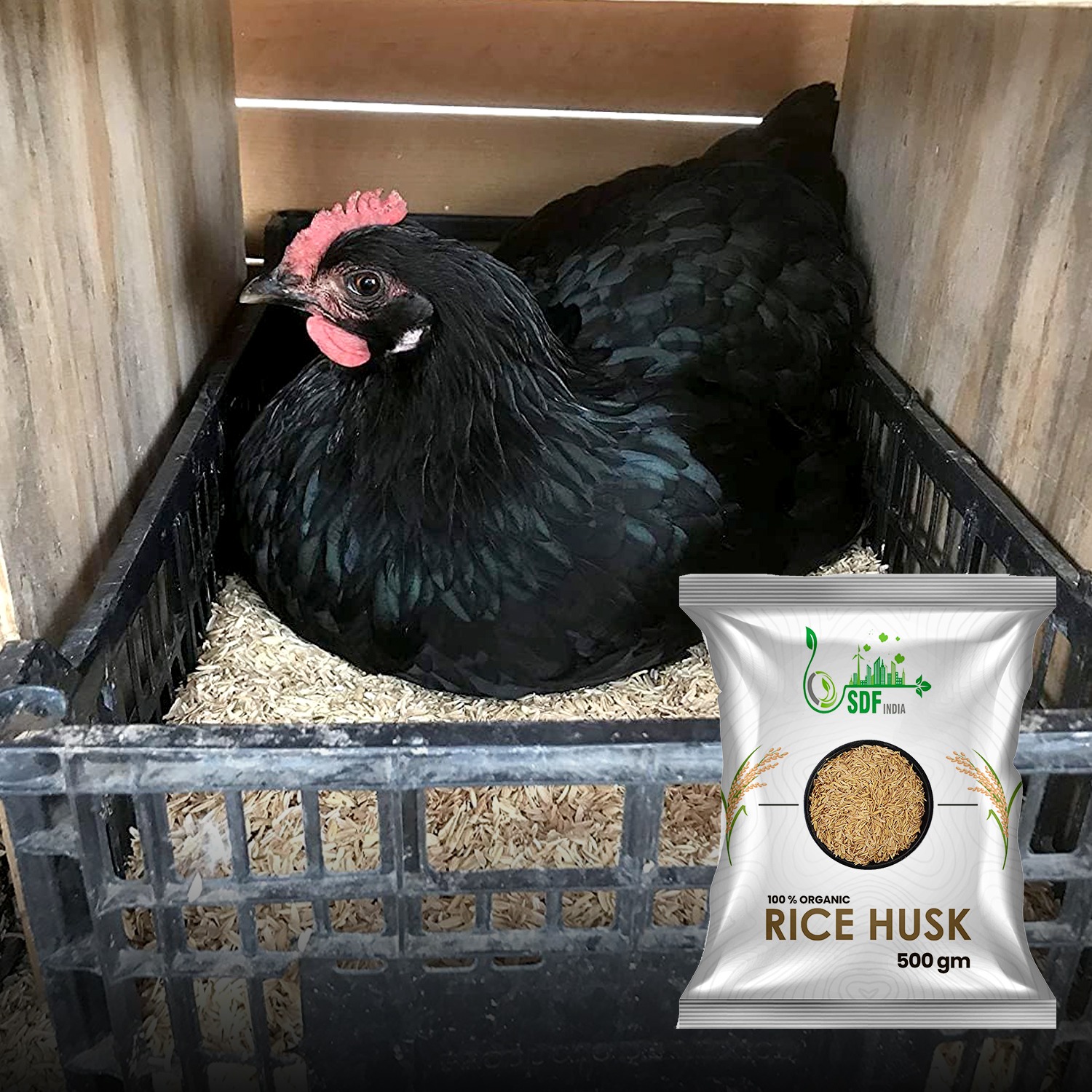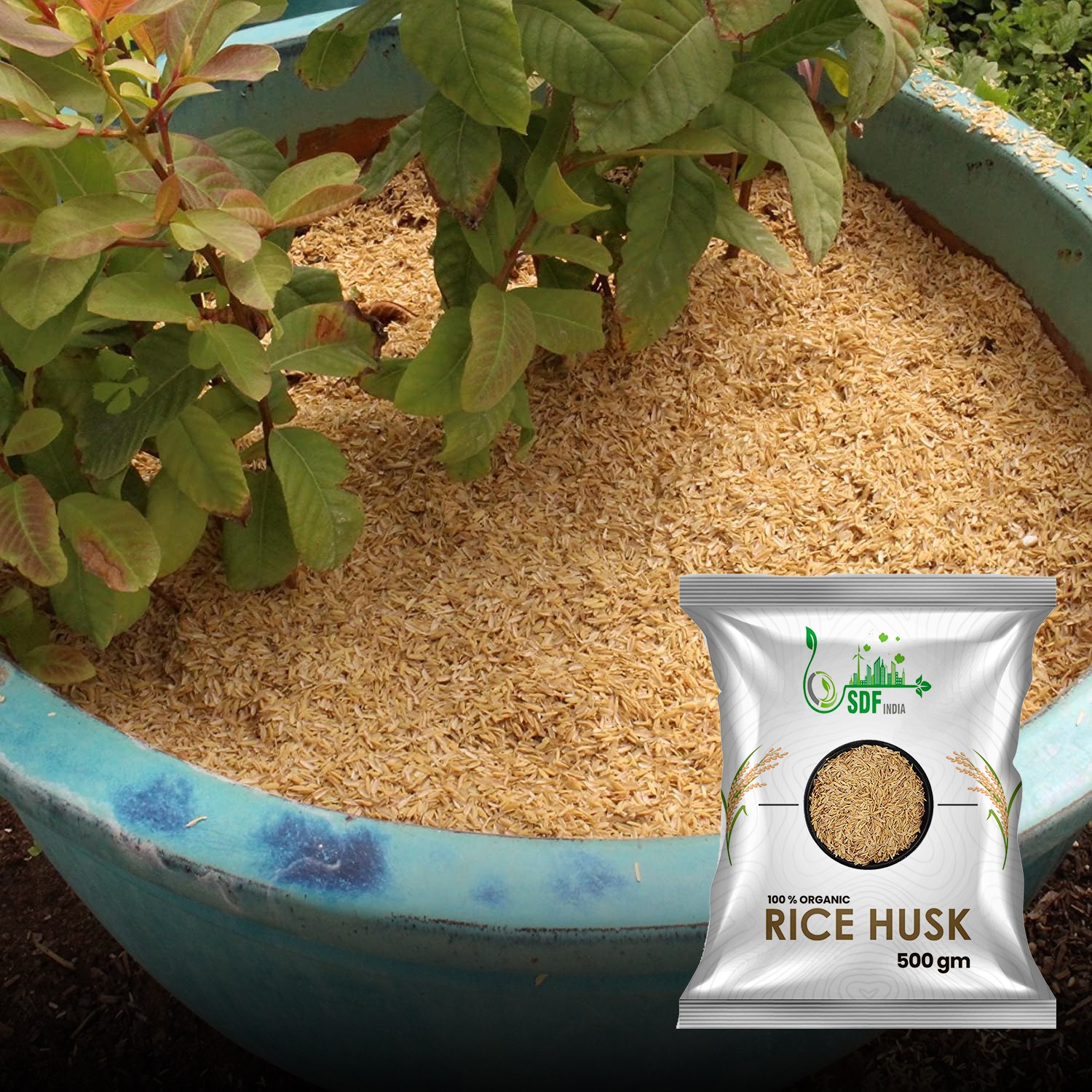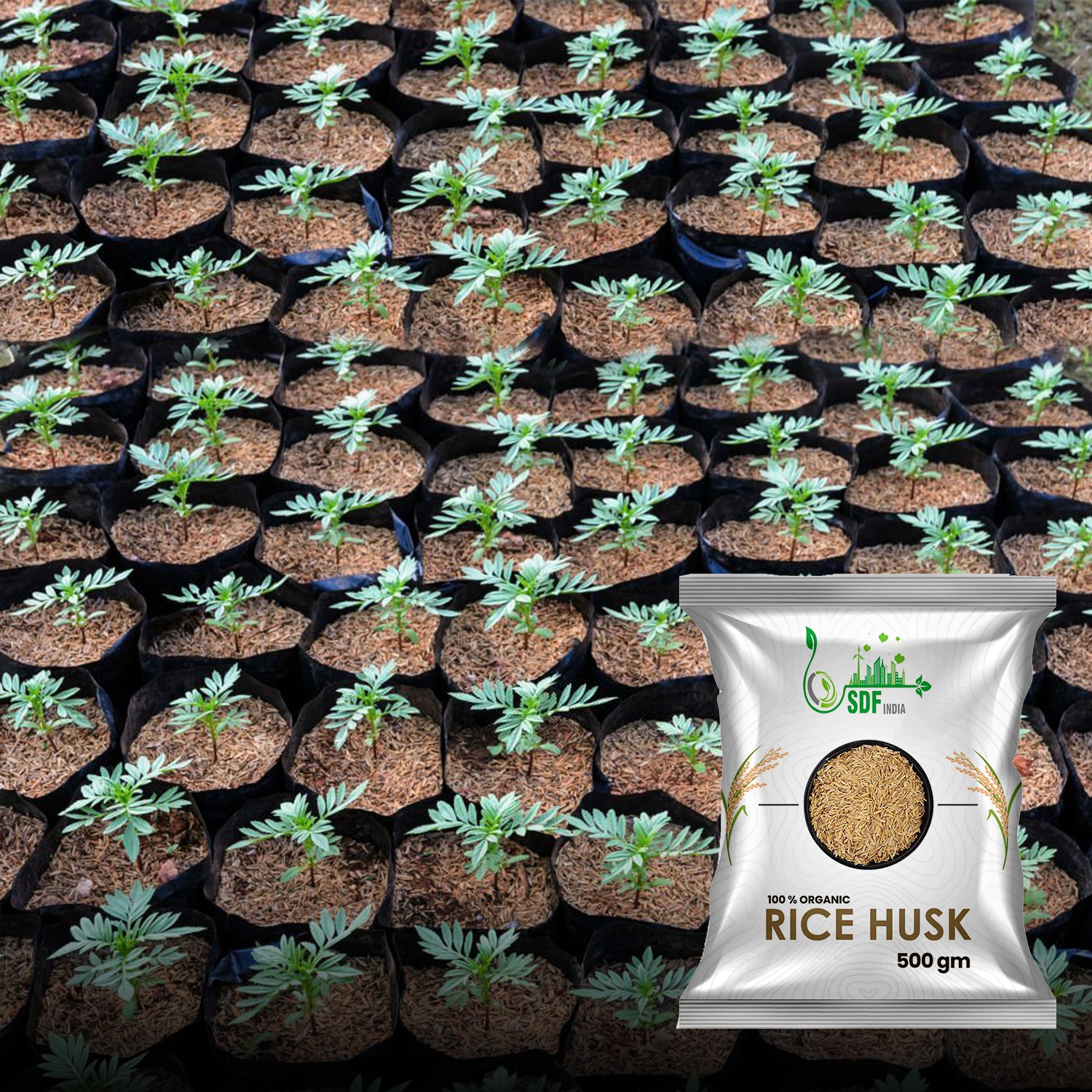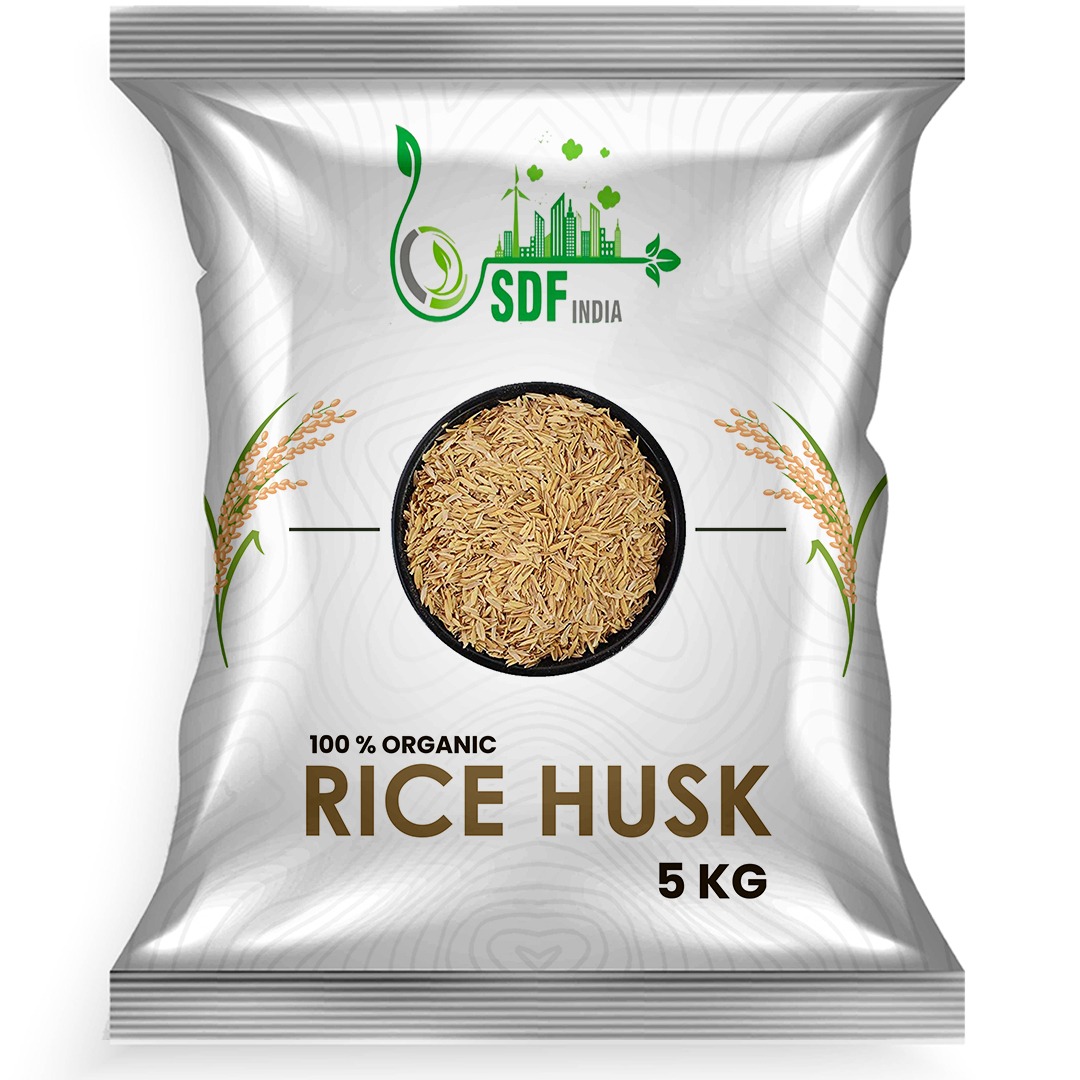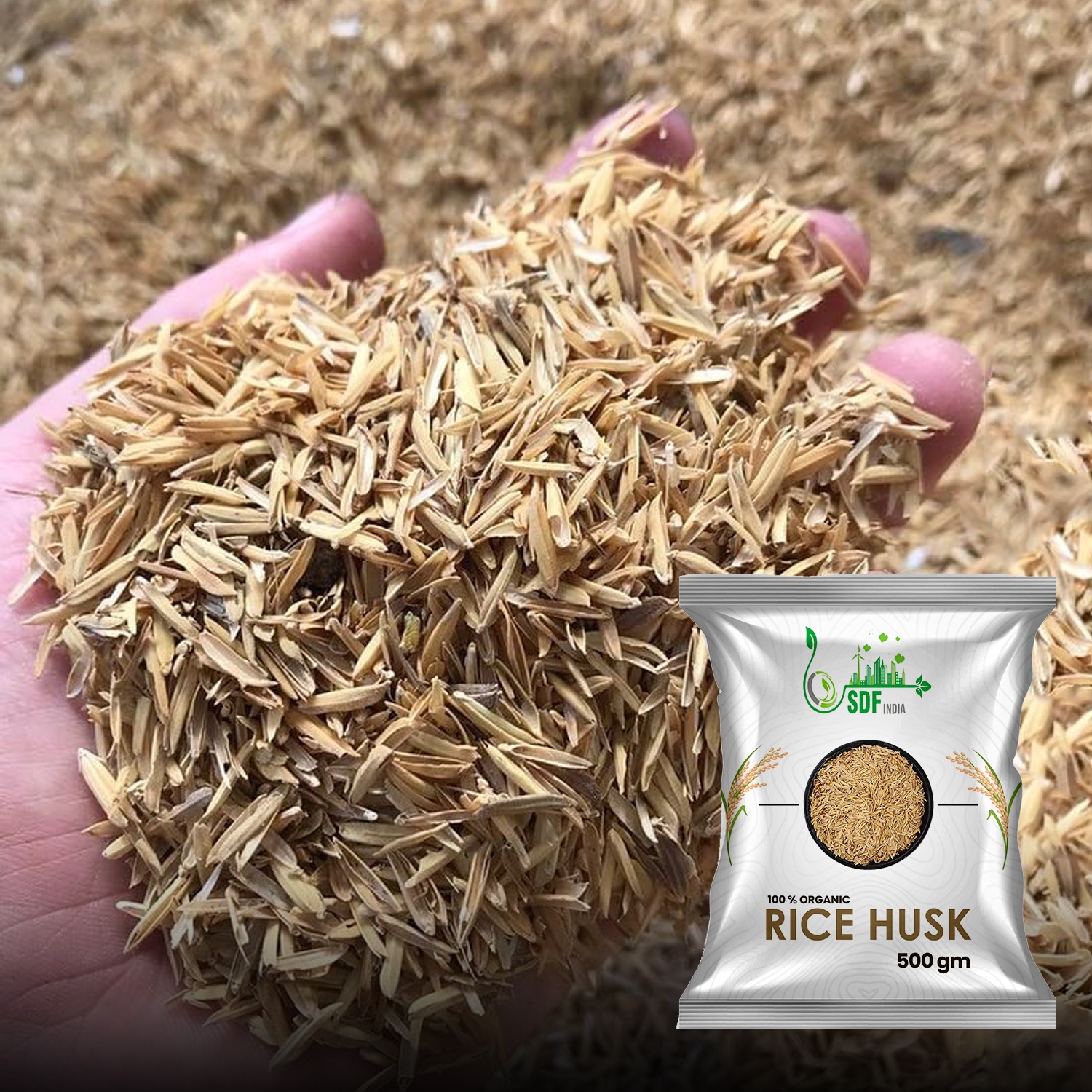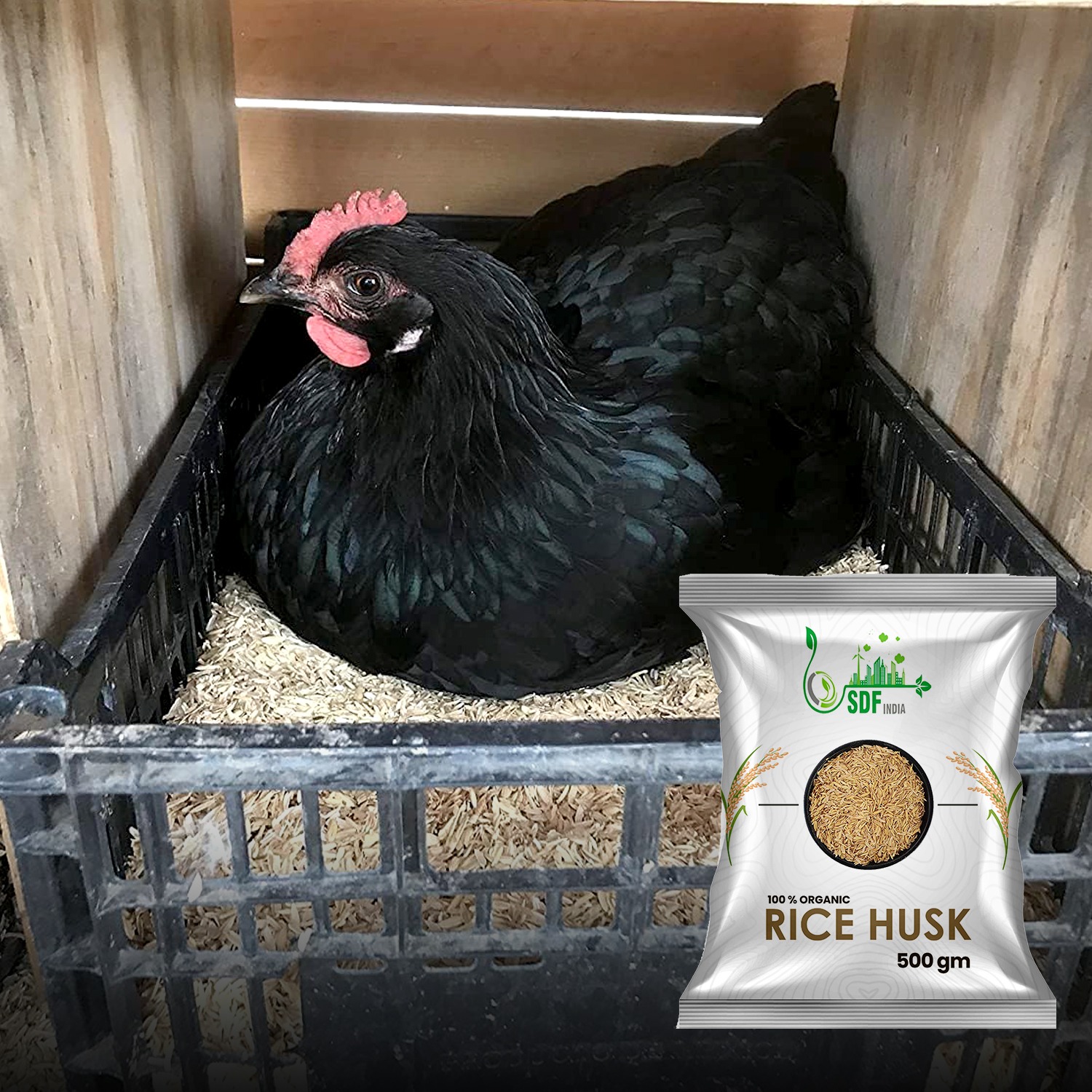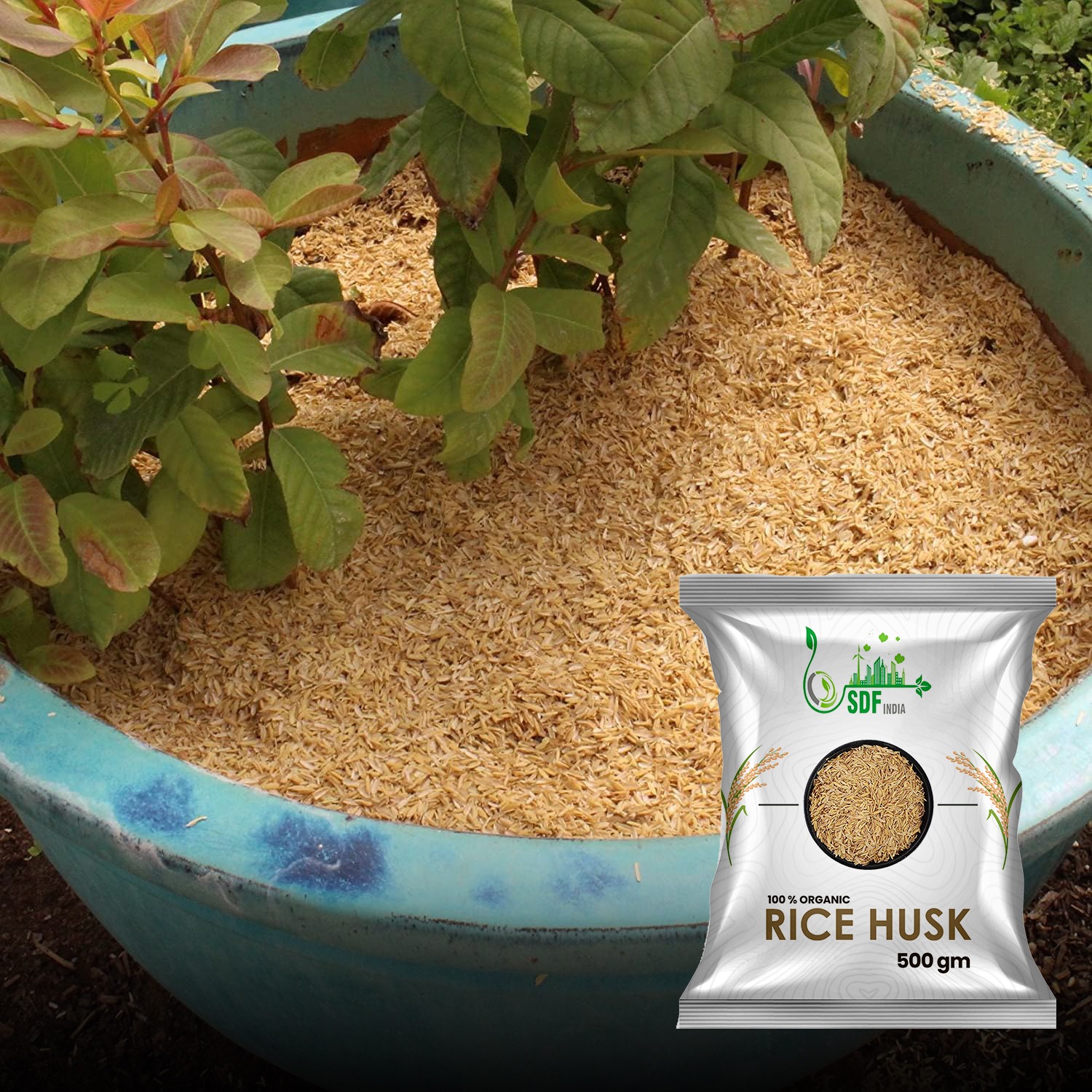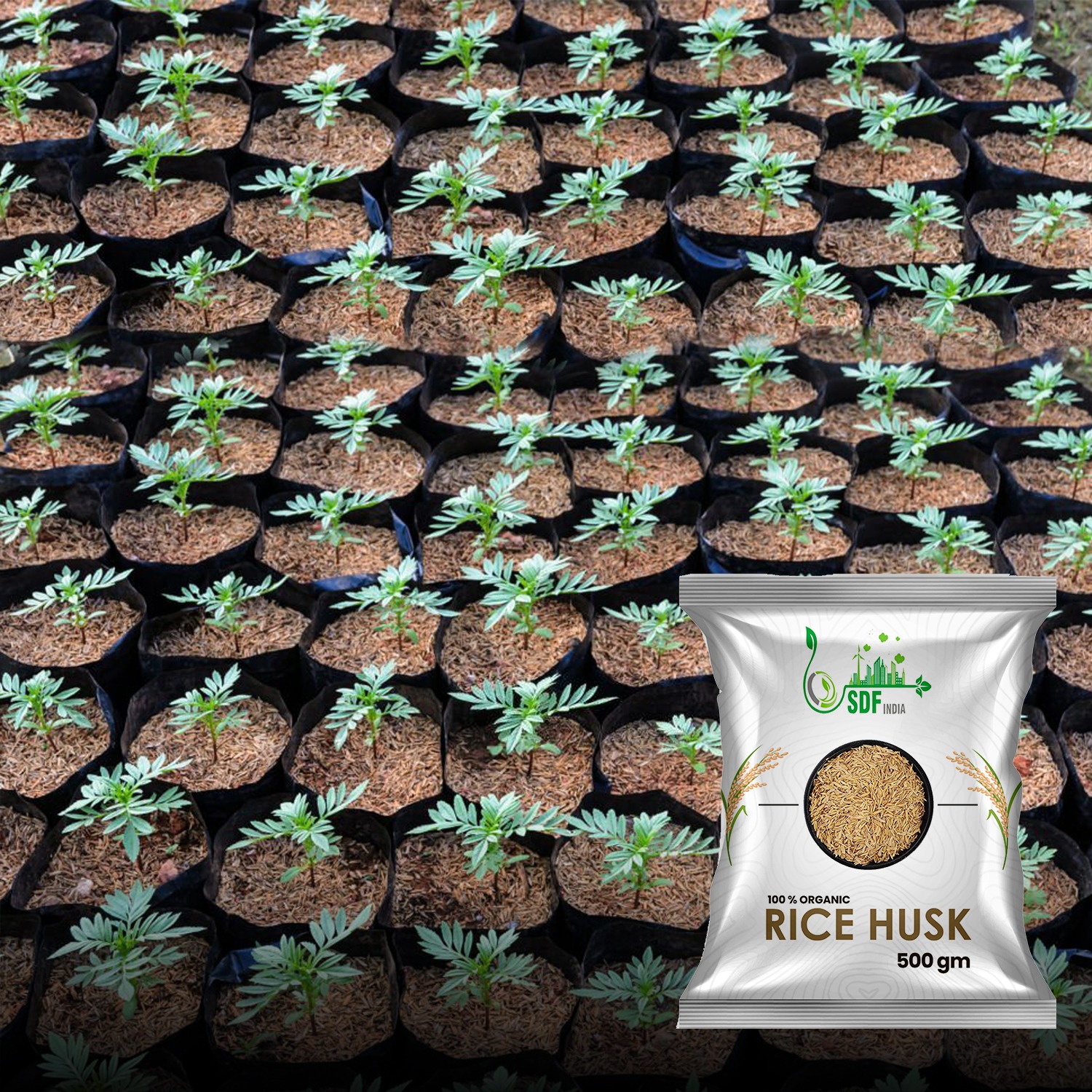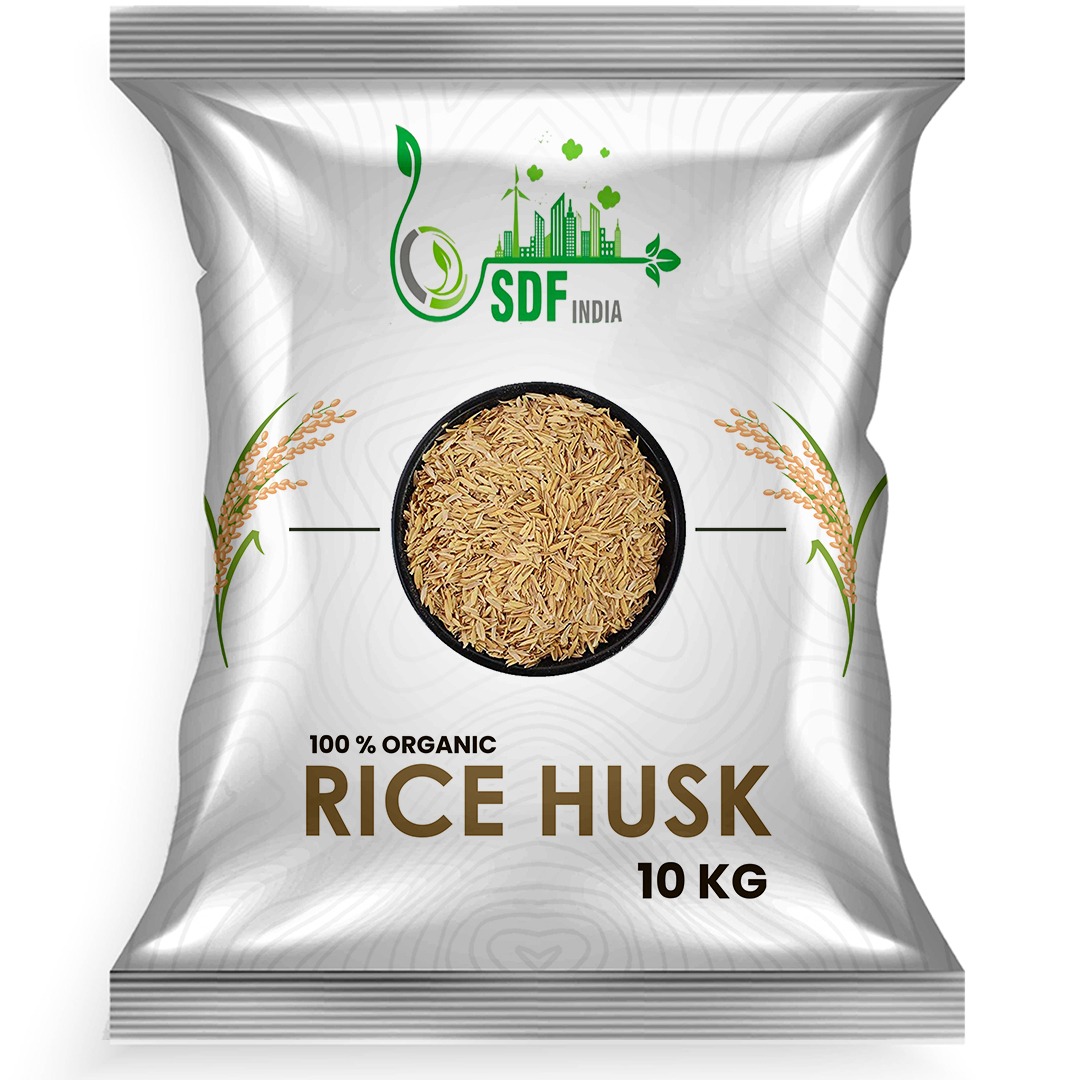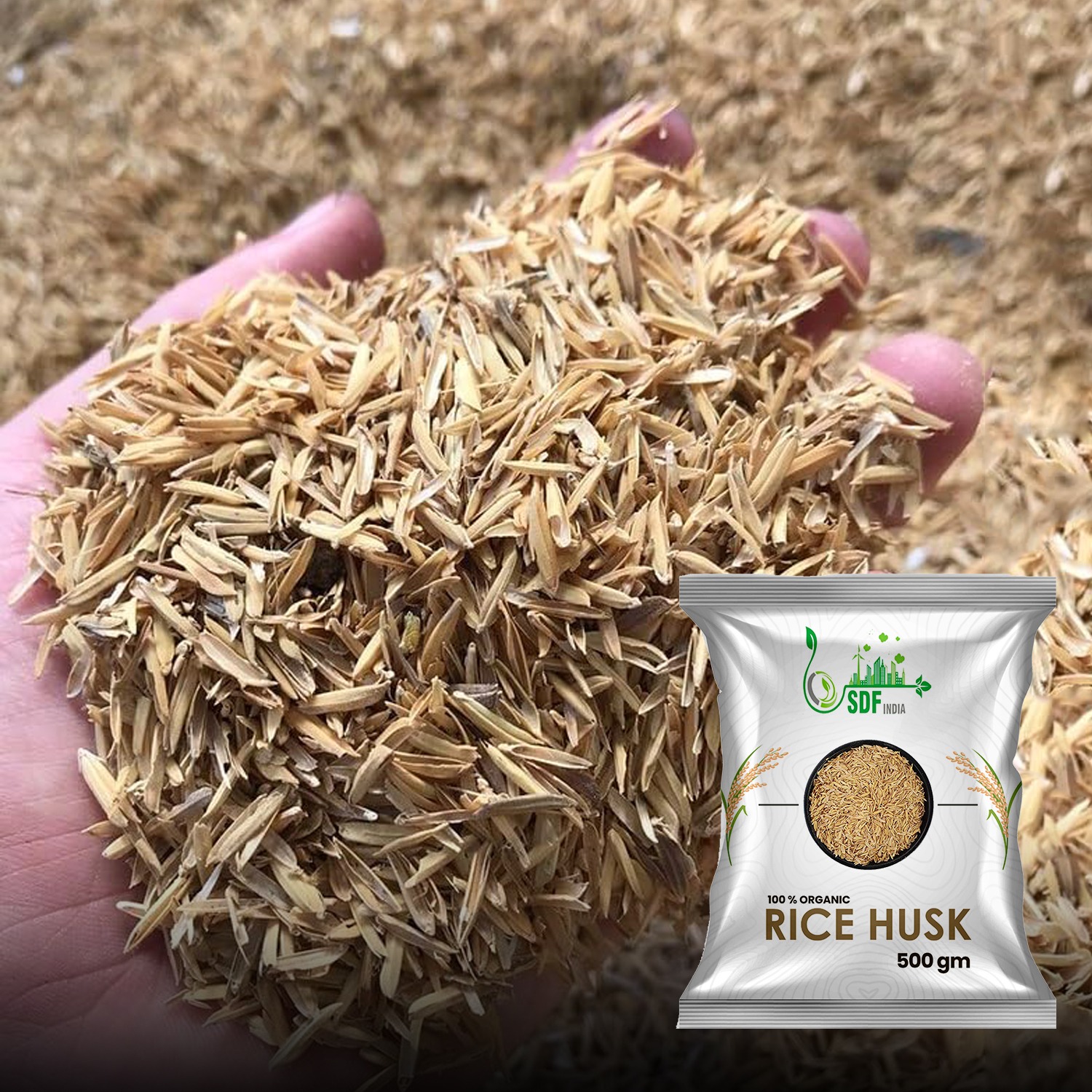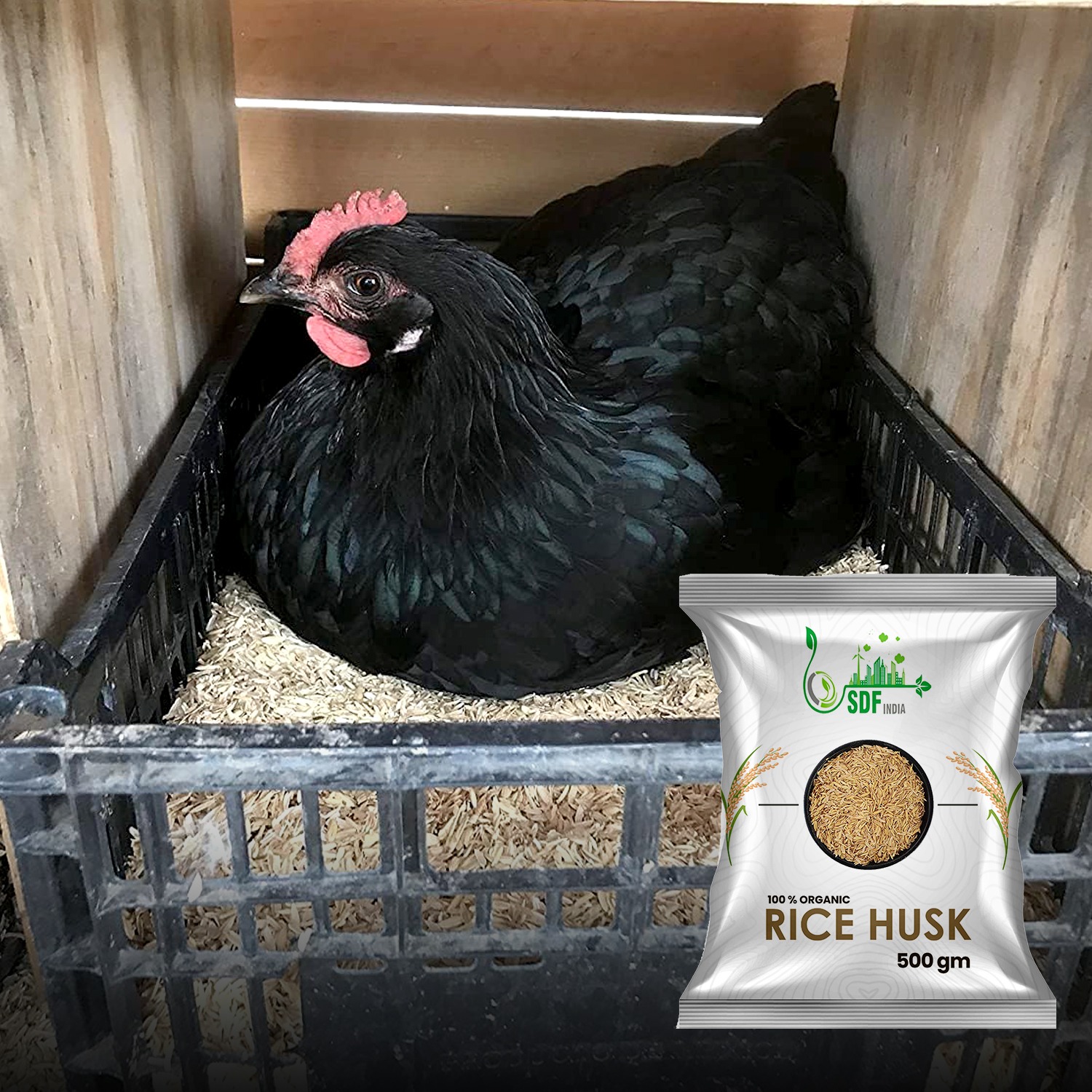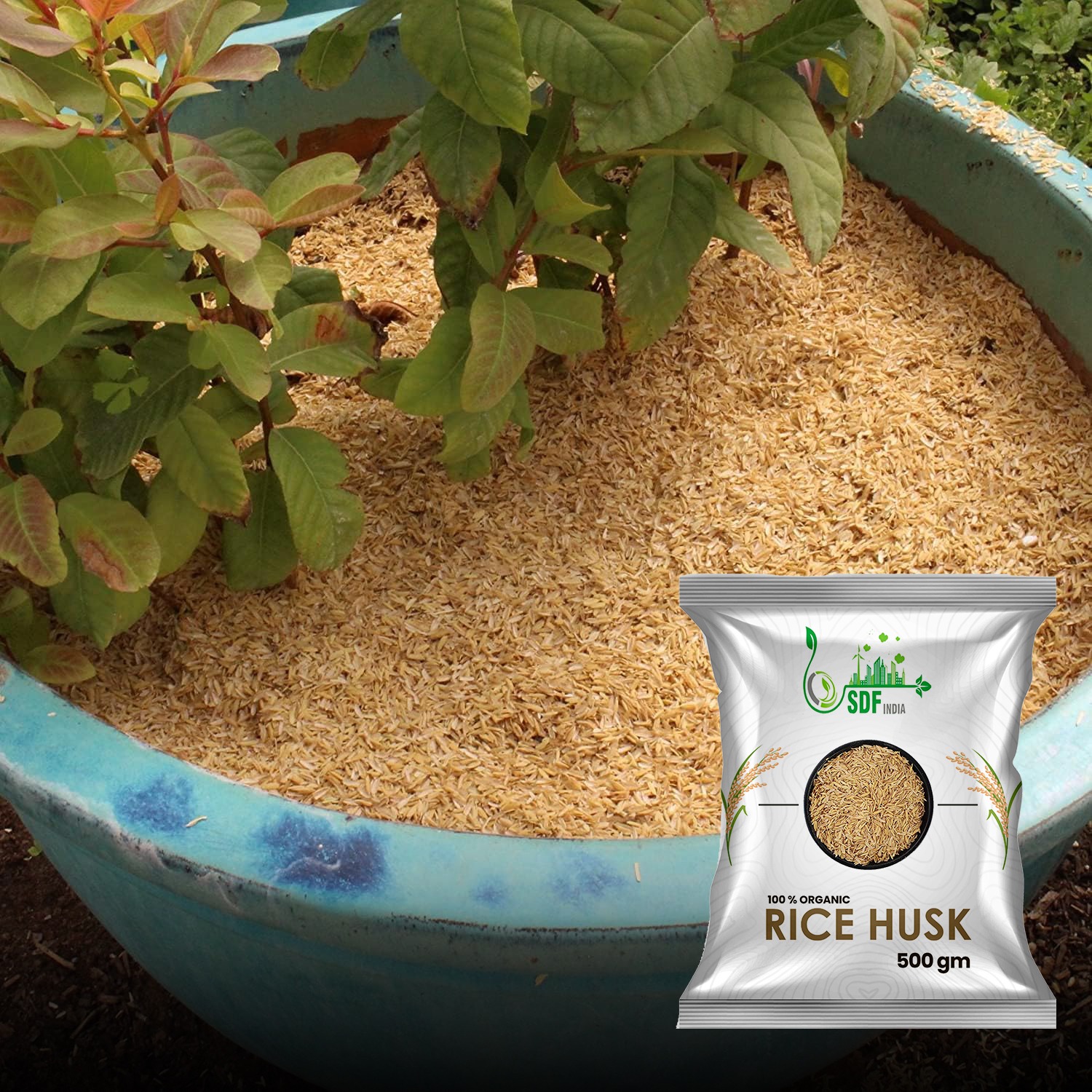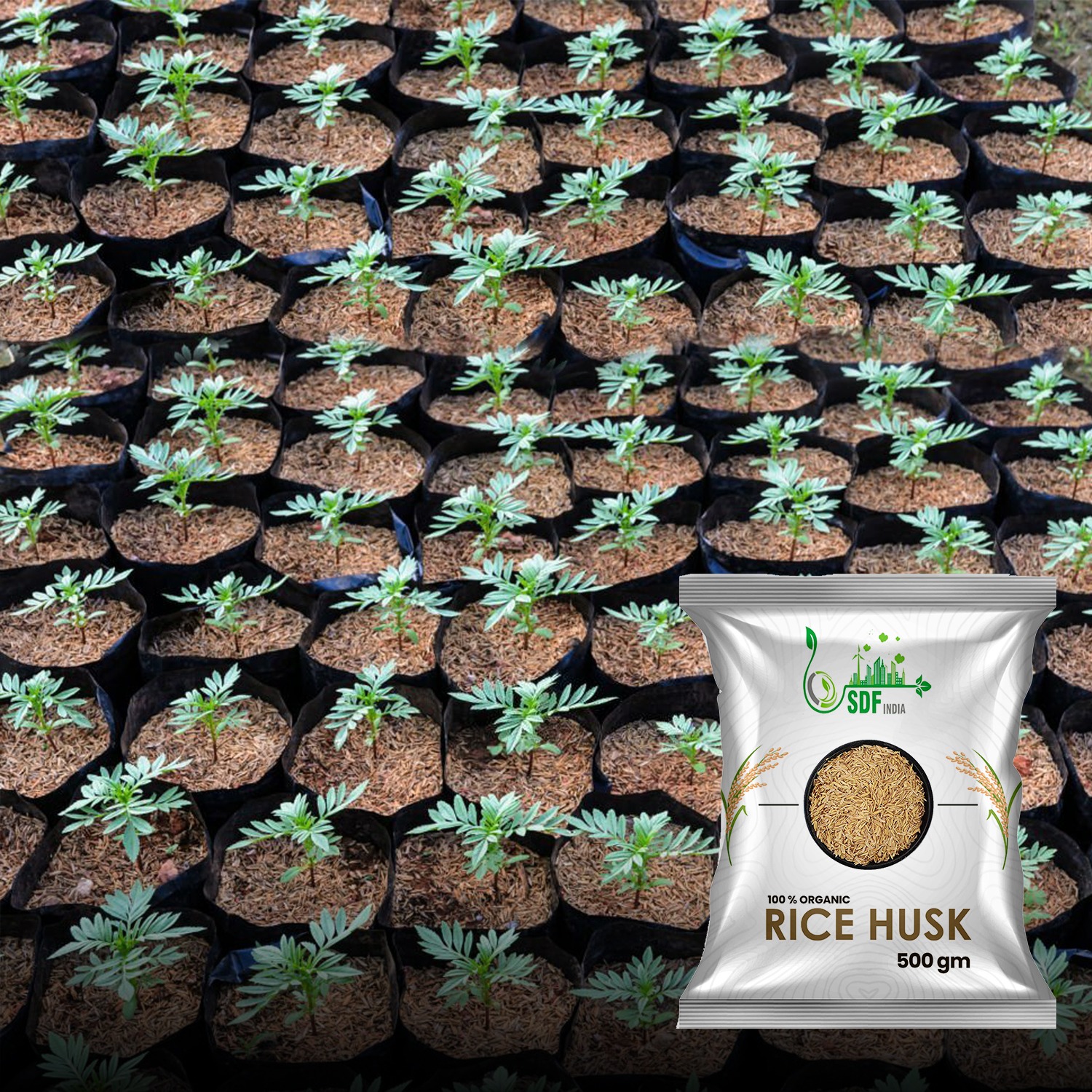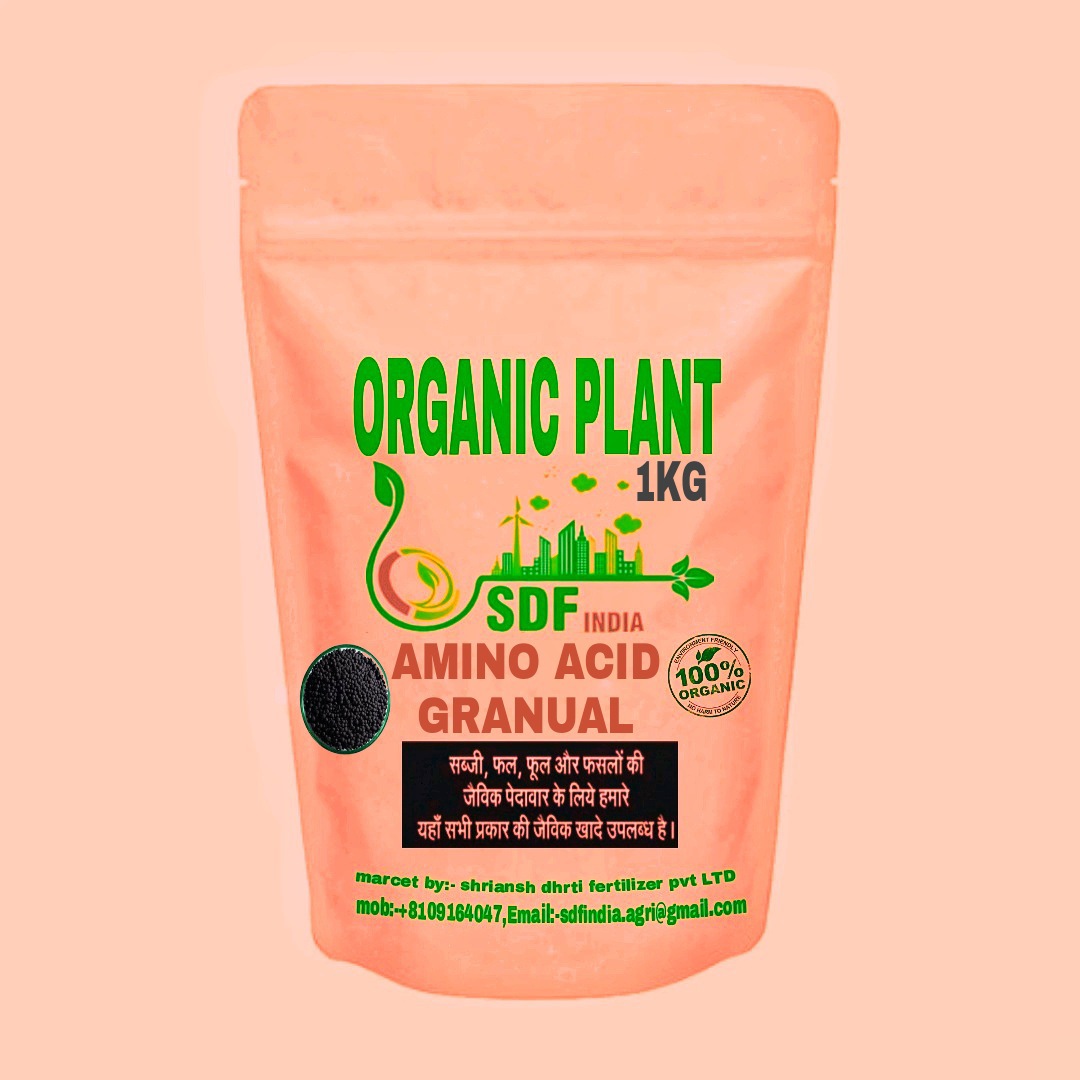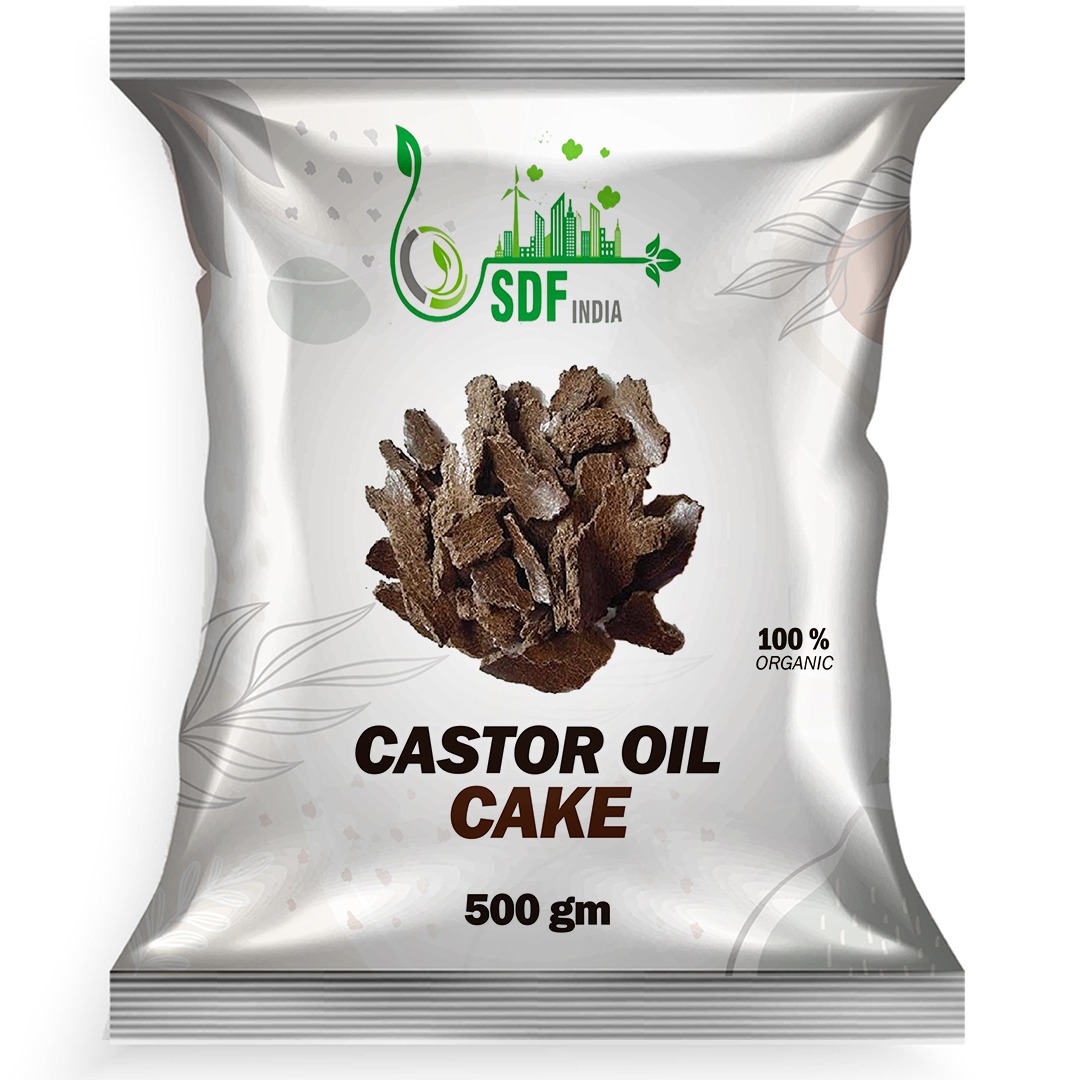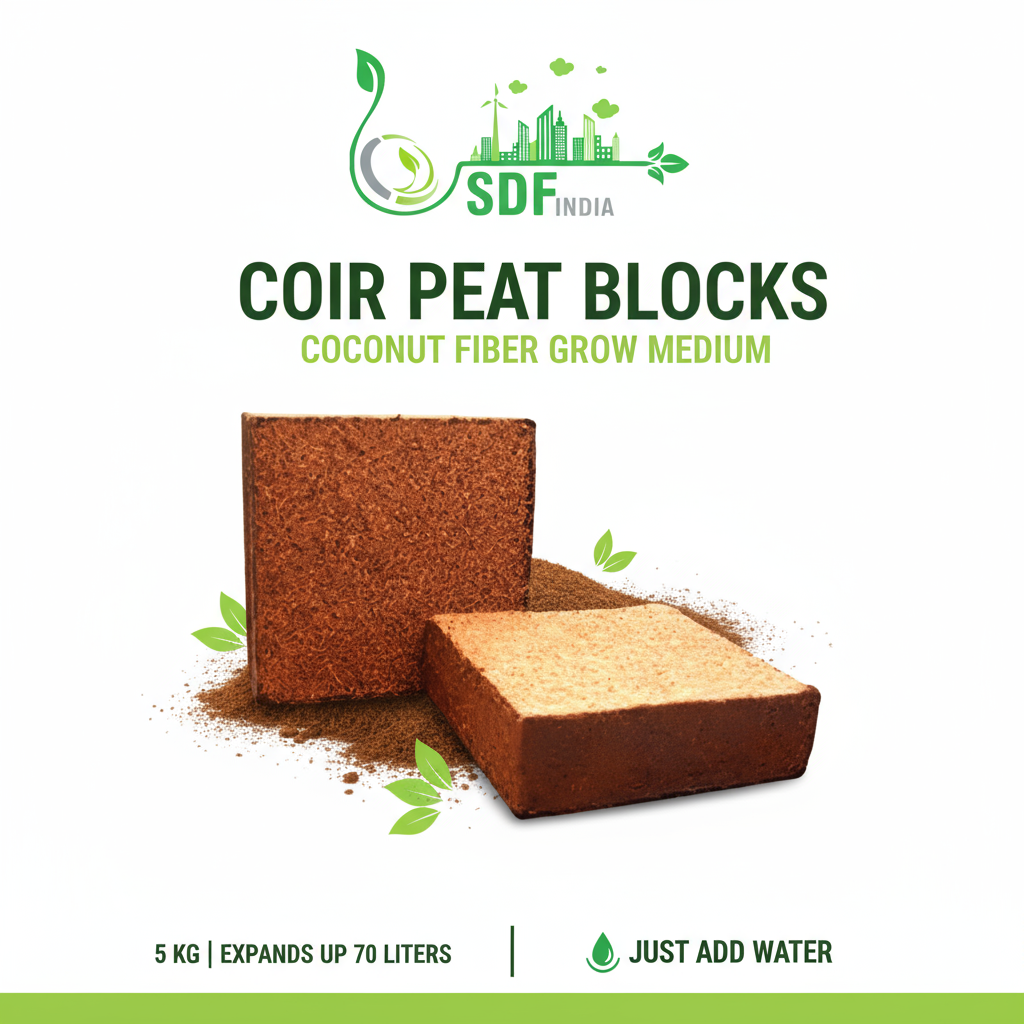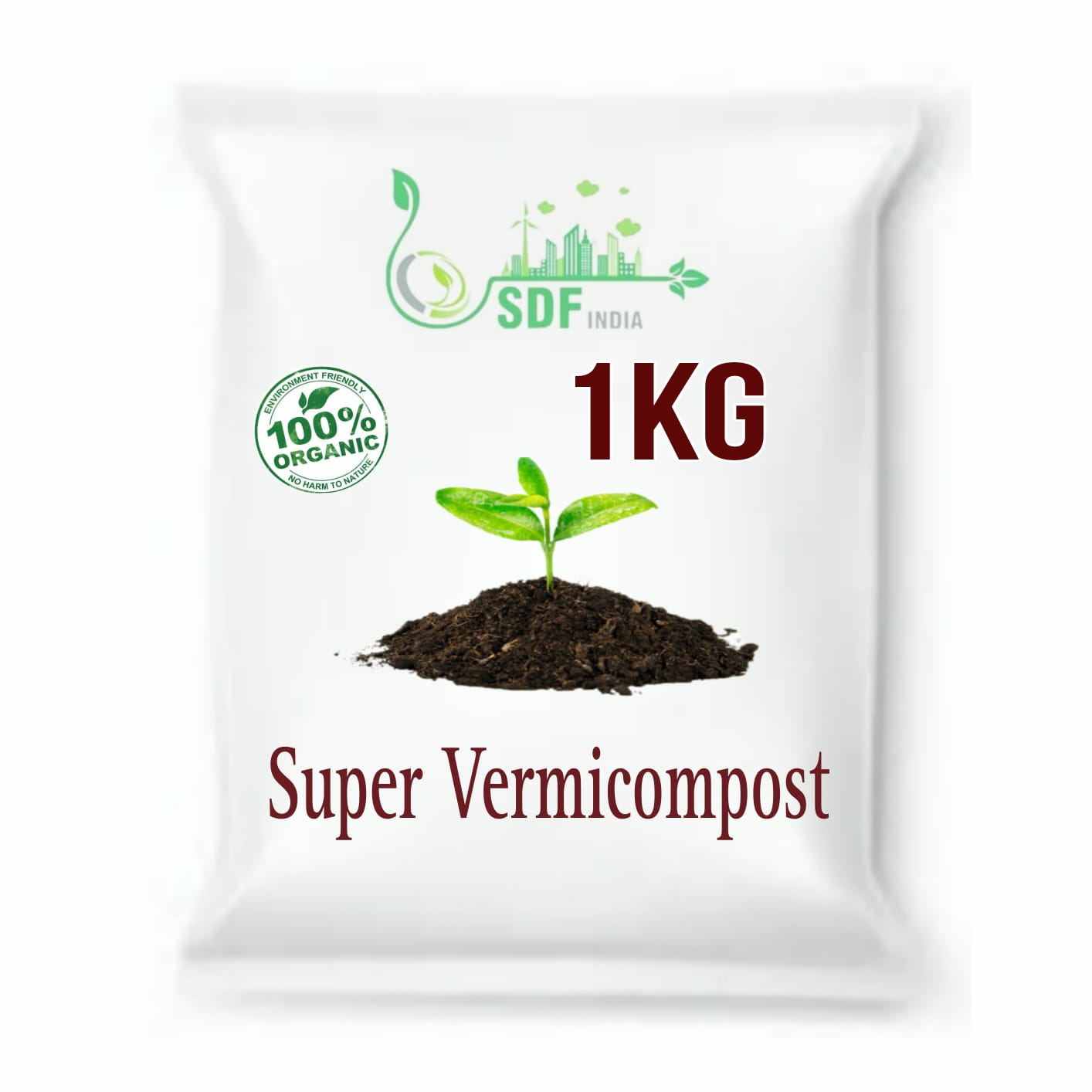RICE HUSK
Rice husk is an abundantly available waste material in all rice producing countries, and it contains about 30%–50% of organic carbon.
10 to 50 percent ratio of rice hulls in your potting soil is adequate. You can also use rice hulls as a mulch, just like you use straw to retain moisture and fend off weeds. Research has found that rice hulls provide effective weed control when mixed into the top ½ to 1-inch of soil.
· Good water-Nutrients Holding Capacity
· Good drainage
· Good aeration
· Light weight material
· Comes with the trust of SDF INDIA
Rice hulls are extremely lightweight. This makes them especially ideal for making soil loose and airy, which helps plants draw the oxygen they need through their roots. Research has found that rice hulls provide effective weed control when mixed into the top ½ to 1-inch of soil.
Using Rice Husk in Garden –
· For the garden spread about a two layer across the surface when you fertilize.
· For potted plants mix 10 to 50 % Rice hull in to potting soil.
· They are non-toxic and biodegradable and feed the soil as they break down.
Rice hulls are similar to coco coir and sphagnum peat moss but are more sustainable, according to Grow Organic. Unlike these typical soil amendments, rice hulls also boast a neutral pH, making them excellent for balanced soils that require a boost in organic matter.
RICE HUSK
Rice husk is an abundantly available waste material in all rice producing countries, and it contains about 30%–50% of organic carbon.
10 to 50 percent ratio of rice hulls in your potting soil is adequate. You can also use rice hulls as a mulch, just like you use straw to retain moisture and fend off weeds. Research has found that rice hulls provide effective weed control when mixed into the top ½ to 1-inch of soil.
· Good water-Nutrients Holding Capacity
· Good drainage
· Good aeration
· Light weight material
· Comes with the trust of SDF INDIA
Rice hulls are extremely lightweight. This makes them especially ideal for making soil loose and airy, which helps plants draw the oxygen they need through their roots. Research has found that rice hulls provide effective weed control when mixed into the top ½ to 1-inch of soil.
Using Rice Husk in Garden –
· For the garden spread about a two layer across the surface when you fertilize.
· For potted plants mix 10 to 50 % Rice hull in to potting soil.
· They are non-toxic and biodegradable and feed the soil as they break down.
Rice hulls are similar to coco coir and sphagnum peat moss but are more sustainable, according to Grow Organic. Unlike these typical soil amendments, rice hulls also boast a neutral pH, making them excellent for balanced soils that require a boost in organic matter.
RICE HUSK
Rice husk is an abundantly available waste material in all rice producing countries, and it contains about 30%–50% of organic carbon.
10 to 50 percent ratio of rice hulls in your potting soil is adequate. You can also use rice hulls as a mulch, just like you use straw to retain moisture and fend off weeds. Research has found that rice hulls provide effective weed control when mixed into the top ½ to 1-inch of soil.
· Good water-Nutrients Holding Capacity
· Good drainage
· Good aeration
· Light weight material
· Comes with the trust of SDF INDIA
Rice hulls are extremely lightweight. This makes them especially ideal for making soil loose and airy, which helps plants draw the oxygen they need through their roots. Research has found that rice hulls provide effective weed control when mixed into the top ½ to 1-inch of soil.
Using Rice Husk in Garden –
· For the garden spread about a two layer across the surface when you fertilize.
· For potted plants mix 10 to 50 % Rice hull in to potting soil.
· They are non-toxic and biodegradable and feed the soil as they break down.
Rice hulls are similar to coco coir and sphagnum peat moss but are more sustainable, according to Grow Organic. Unlike these typical soil amendments, rice hulls also boast a neutral pH, making them excellent for balanced soils that require a boost in organic matter.
RICE HUSK
Rice husk is an abundantly available waste material in all rice producing countries, and it contains about 30%–50% of organic carbon.
10 to 50 percent ratio of rice hulls in your potting soil is adequate. You can also use rice hulls as a mulch, just like you use straw to retain moisture and fend off weeds. Research has found that rice hulls provide effective weed control when mixed into the top ½ to 1-inch of soil.
· Good water-Nutrients Holding Capacity
· Good drainage
· Good aeration
· Light weight material
· Comes with the trust of SDF INDIA
Rice hulls are extremely lightweight. This makes them especially ideal for making soil loose and airy, which helps plants draw the oxygen they need through their roots. Research has found that rice hulls provide effective weed control when mixed into the top ½ to 1-inch of soil.
Using Rice Husk in Garden –
· For the garden spread about a two layer across the surface when you fertilize.
· For potted plants mix 10 to 50 % Rice hull in to potting soil.
· They are non-toxic and biodegradable and feed the soil as they break down.
Rice hulls are similar to coco coir and sphagnum peat moss but are more sustainable, according to Grow Organic. Unlike these typical soil amendments, rice hulls also boast a neutral pH, making them excellent for balanced soils that require a boost in organic matter.

